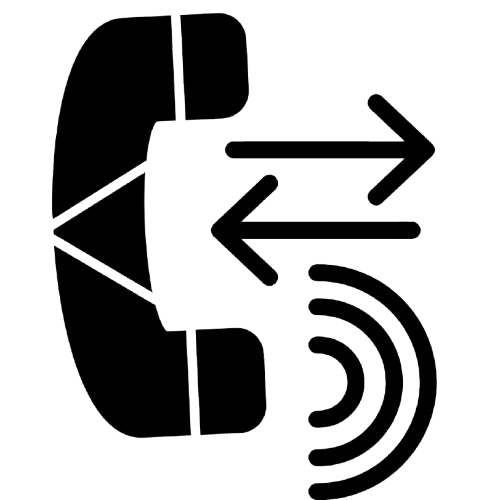It has never been more important to put the needs of your customers first, especially in this digitally driven age when customer service can make or break brand reputation and loyalty.
As the hub for customer support, call centers are constantly looking for new strategies and methods to function more efficiently rather than more laboriously.
A game changer tool that has really redefined the game is the IVR system — that is, the Interactive Voice Response.
But just what, exactly, is an IVR system? How does it benefit call centers? So, why is it so important in customer service today? Let’s explore.
IVR (Interactive Voice Response) is a technology that lets callers interact with a company’s phone system through voice commands or keypad inputs. Instead of talking to a human operator right away, callers hear pre-recorded messages and menu options that help route them to the right department or provide them with instant information.
The process starts when a customer calls a business phone number. A simplified view of what occurs is as follows:
- Greeting & Menu Options: After playing a recorded message, the system displays menu choices to the caller.
- Input Collection: The caller responds by pressing numbers on their keypad or speaking commands (e.g., “Billing”).
- Routing: Based on the input, the IVR system routes the call to the right department, agent, or self-service option.
- Self-Service (Optional): The IVR can automatically offer information for routine tasks like checking order status or account balances; a representative is not required.
- Escalation: If the caller needs help beyond the automated system, the call is transferred to a live agent.
Modern IVR systems can also integrate with CRM tools, databases, and AI to offer personalized experiences.

Improved Efficiency
IVR systems automate routine tasks, like verifying account numbers or providing business hours. This saves agents’ time.

Cost Savings
By handling simple inquiries automatically, IVR systems reduce the need for large teams of agents, which lowers operational costs.

24/7 Availability
Unlike human agents, IVR systems never sleep. Customers can get answers or perform tasks anytime — even outside business hours.

Better Call Routing
IVR systems promptly direct customers to the appropriate individual or department, avoiding lengthy wait periods.

Enhanced Customer Experience
A well-designed IVR makes it easy for customers to get what they need quickly, improving satisfaction.
IVR is not only about routing calls. Here are some real-world applications:
- Account Balance & Payment Info: Without interacting with an agent, a customer can even check the balance in their account, the due date, or the progress of their payment.
- Order Tracking: Callers give an order number and receive shipment updates immediately.
- Appointment Scheduling & Reminders: Automate booking, cancellations, and reminders.
- Surveys & Feedback: Gather customer feedback with automated post-call surveys.
- Authentication & Verification: Require callers to punch in account or PIN numbers before being connected to an agent, adding a layer of security.
While IVR systems offer many benefits, poor design can frustrate callers. We’ve all had moments where we got stuck in endless menus or couldn’t reach a real person.
To build an IVR system that actually helps customers:
- Keep menus short and clear: Avoid overwhelming callers with too many choices.
- Offer an option to speak to a live agent: Some callers have complex issues that automation can’t solve.
- Use natural language and friendly tone: Human-sounding prompts feel more personal and less robotic.
- Regularly update prompts: Ensure information stays current and relevant.
- Analyze call data: Utilize reports to determine where callers end up and modify menus appropriately.
Not all IVR systems are the same. Here are a few things to consider before choosing one:
- Scalability: Can the system handle growing call volumes as your business expands?
- Integration: Does it work smoothly with your existing CRM, helpdesk, and phone systems?
- Customization: Can you easily create and update menus, prompts, and call flows?
- Reporting & Analytics: Does it provide insights on call volume, drop-offs, and customer satisfaction?
- Support & Reliability: Look for a trusted provider with good technical support and proven uptime.
IVR systems have come a long way from simple “press 1, press 2” menus. These days, they assist call centers in providing quicker, more intelligent, and more individualized service, which raises customer happiness and boosts operational effectiveness.
A well-designed IVR isn’t just a tool for reducing costs; it’s an essential part of creating great customer experiences. As technology continues to evolve, IVR systems will become even more human-like, integrated, and intelligent.





